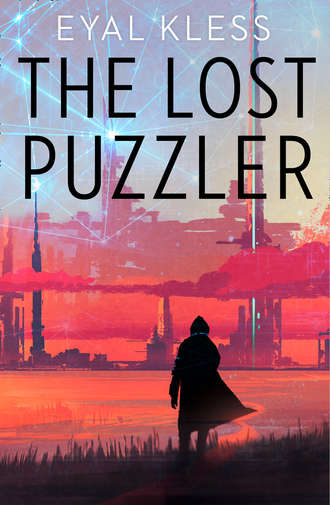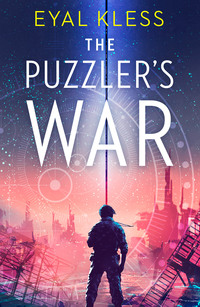The Lost Puzzler

Полная версия
The Lost Puzzler
Жанр: фэнтезигероическая фантастикасовременная зарубежная литературазарубежное фэнтезигероическое фэнтези
Язык: Английский
Год издания: 2019
Добавлена:
Настройки чтения
Размер шрифта
Высота строк
Поля
Конец ознакомительного фрагмента
Купить и скачать всю книгу


